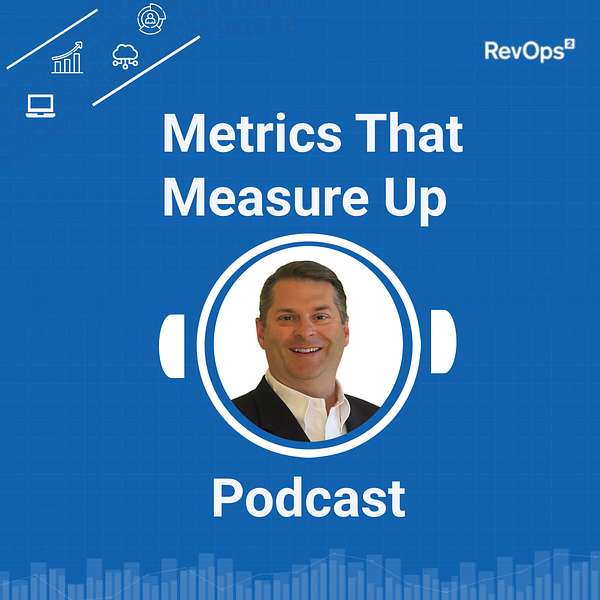
Metrics that Measure Up
Metrics that Measure Up
Make it, Don't Fake it! - Sabrina Horn, Founder Horn Group
Make it, Don't Fake It is a mantra that has long lived in the entrepreneur start-up culture in the B2B tech industry!
Sabrina Horn is not only a pioneer in the B2B Tech public relations space, she is one of the most networked executives in the B2B tech industry.
After only 4 years in the corporate world, Sabrina took the plunge to found The Horn Group, with a specific goal to help B2B tech companies exploit the impending business transformation created by the personal computer. Her first "pitch" to bring on her first customer was to an early stage, enterprise software company with less than 50 employees - that company was PeopleSoft which became one of the world's largest B2B enterprise software companies.
The rest of her 24 year+ run as the CEO of the Horn Group is one of the most successful and admired companies in B2B tech public relations. To determine the return on investment for public relations, she has two recommendations: 1) Ask yourself what does success looks like one year from now; 2) look at outputs versus outcomes like increasing inbound leads, social engagement, market sentiment, etc. Secondly, she recommended having a range for success versus a single point and having the right tools to measure the impact of PR.
Public relations goals also need to be dynamic and evolve with both the company and the market that the company exists and the market it targets to acquire new customers. PR is part science and part art, and cannot be successful without continuing to evolve the strategy and the measurements of success.
The "founders curse" was one of the first topics we discussed that was highlighted in Sabrina's book. This happens to entrepreneurs, founders and CEOs who have an emotional bond to their company that is similar to a parent/child relationship. This can lead to the effect of having blinders on and not listening to the market's feedback on your company and what they really need.
Having a founders agreement might be prudent, and even identify key inflection points in the company growth that may require the founder to take on a new role. Also, having mentors who are not part of the company and will provide objective, unbiased feedback is critical to maneuvering difficult moments and decision points. Sarina even recommends founder performance reviews by the board and conduct an annual "self-assessment" to ask yourself where my company is headed, what is needed to achieve the next phase of growth and am I still having fun!
As a founder, surrounding yourself with an executive team that is not like you, has different experiences, and even disagrees with you is a critical skill to develop. Having a team that shares your passion and excitement for the company vision is a foundational element for every member of the leadership team to share. This materially impacts building culture and building a strong brand.
Establishing "founding company values" early on is foundational to the company culture. As a company grows, the values may evolve by shifting in meaning and/or priority, but remain as a beacon throughout the company's evolution.
Being a CEO is a never-ending, learning journey. Being in the CEO role is key, as learning on the job cannot be replaced by reading, theory or external advice alone...experience matters. In fact, Sabrina highlighted that the experience from losses is typically the largest learning opportunity.
Being a CEO is a "lonely" place to be, and having a network of advisors and mentors who have shared the role of CEO is an incredibly valuable resource. The "isolation iceberg" is real, and Sabrina even mentioned how giving back was a great outlet to feel more connected.
MAKE IT, DON'T FAKE IT! is a great read for any founder, CEO, or aspiring entrepreneur considering embarking on the founder's journey!